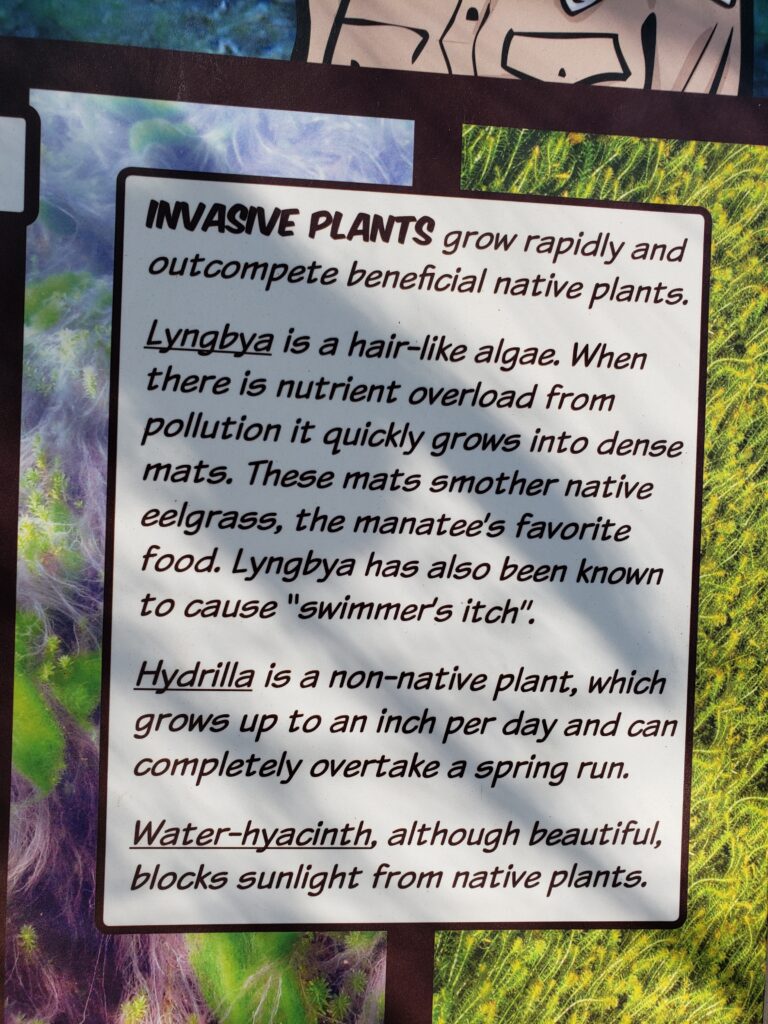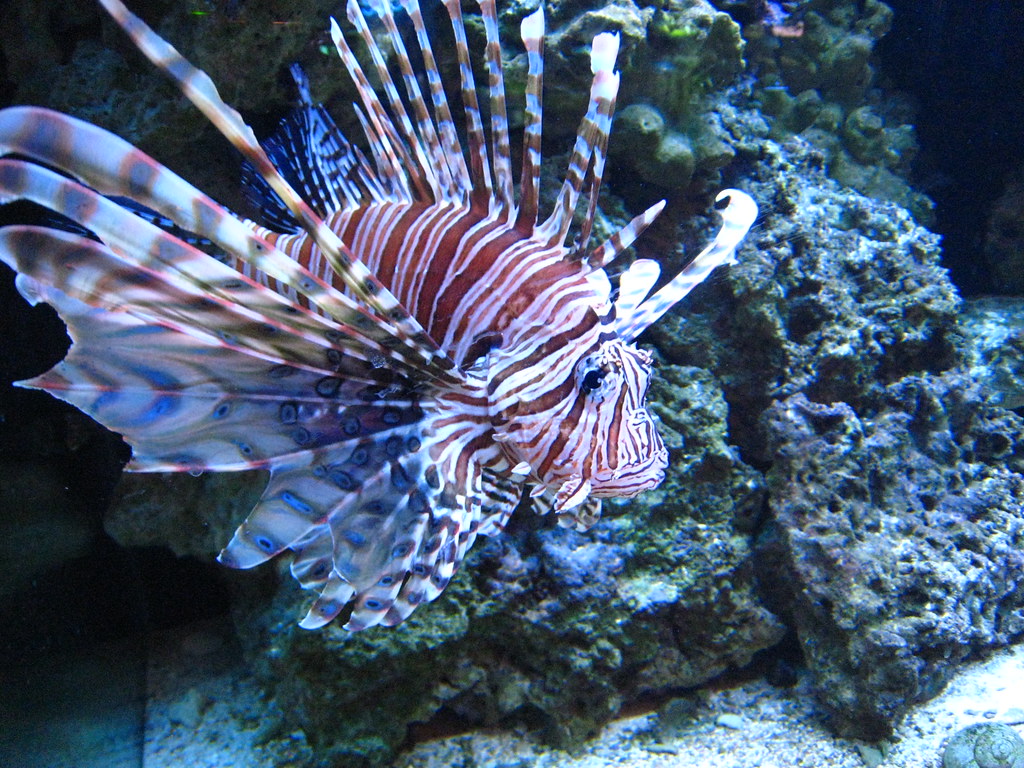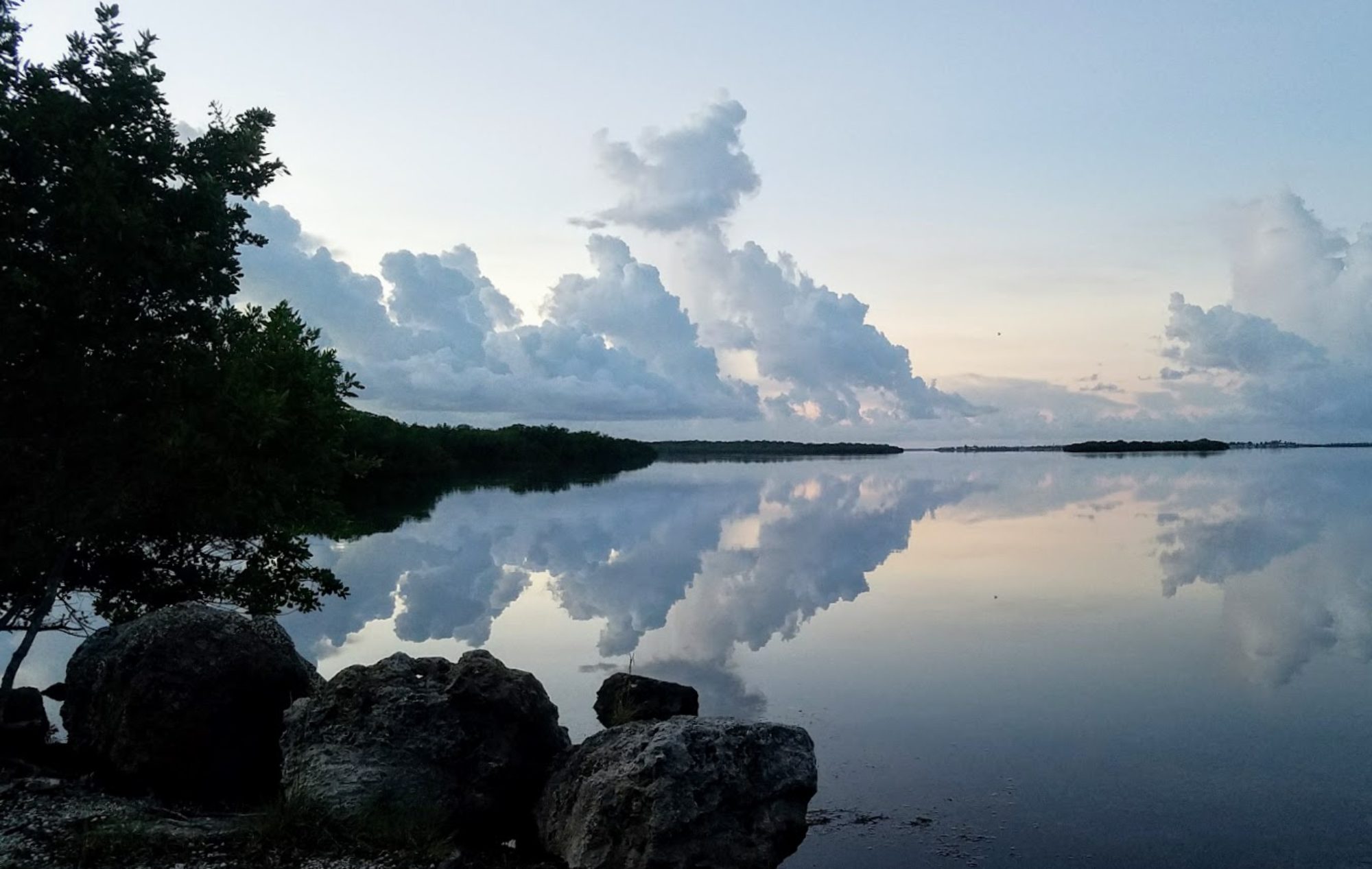Florida’s pleasant climate makes it lovely not only for humans, but other living creatures as well. From plants (think Caeser Weed, or Australian Pines, for example) to animals (think Ball Pythons or Cuban Tree Frogs), our state has become home to creatures that crowd out our native plants and animals, changing habitats in negative ways.

Birds, mammals, invertebrates, fish, and plants can all be invasive, and they are generally introduced accidentally. Lionfish, for example, were released from home aquariums into the ocean, and are now an invasive species that plagues the entire Florida coastline.
Every year, Invasive Species Awareness Week brings awareness to invasive species and also provides ideas about how to make a meaningful impact on the problem. Many thanks to NAISMA (North America Invasive Species Management Association) for these ideas.

- Learn about invasive species, especially those found in your region. Your county extension office and Florida Native Plant Society are both trusted resources. Share what you know on social media.
- Clean hiking boots, waders, boats and trailers, off-road vehicles and other gear to stop invasive species from hitching a ride to a new location.
- Avoid dumping aquariums or live bait into waterways.
- Clean your fishing equipment and don’t dump live bait.
- Don’t move firewood. Instead, buy it where you’ll burn it, or gather on site when permitted.
- Slow the spread of invasive pests by taking extra care when traveling, gardening or moving recently killed plant material.
- Buy forage, hay, mulch and soil that are certified as “weed free.”
- Plant only non-invasive plants in your garden, and remove any known invaders.
- Report new or expanded invasive species outbreaks to authorities. Here is a state-by-state list of contacts.
- Volunteer to help remove invasive species from public lands and natural areas. Find an event near you.
- Ask your representatives at the state, local and national level to support invasive species control efforts.

